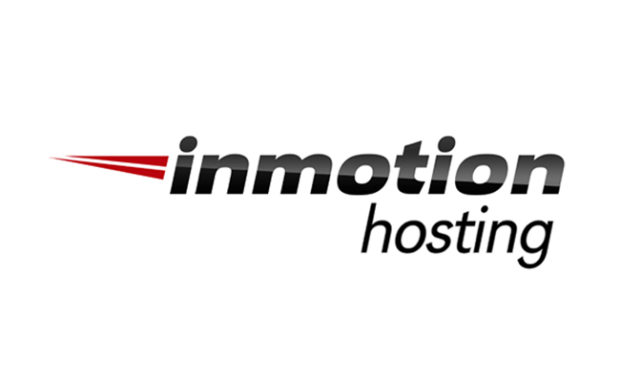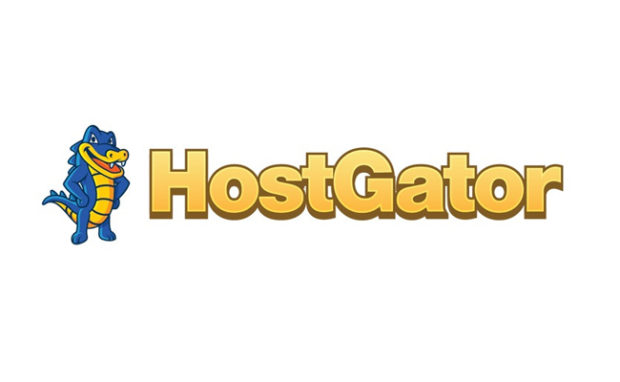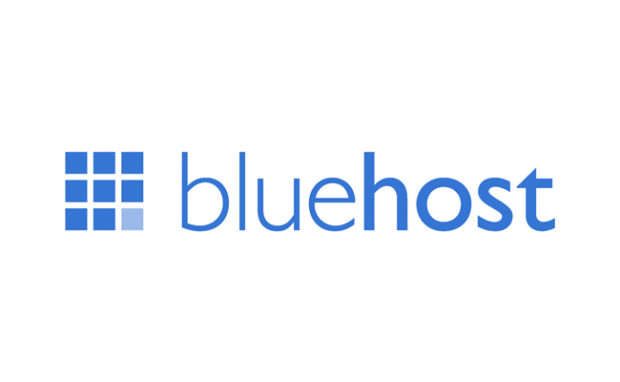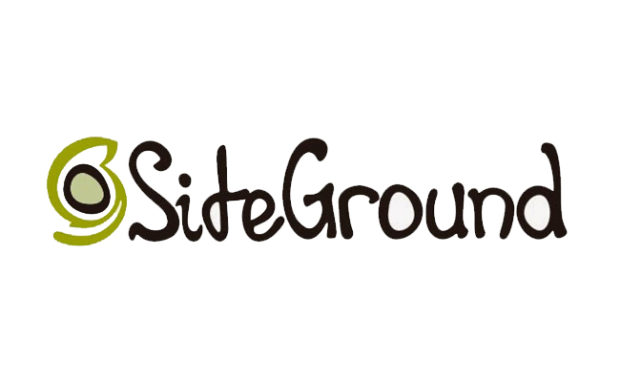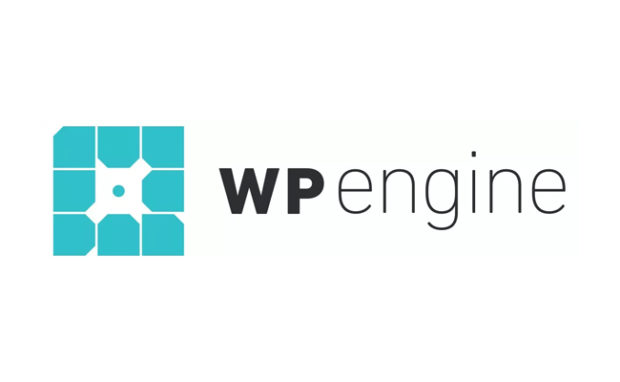Web Hosting Comparison: Best Website Hosting Services 2019
Website building is no longer regarded as something for just computer scientists and programmers. Nowadays, web hosting is mainstream, and we’re here to assist in finding the best web hosting service for you. It doesn’t matter if you’re a newbie or an expert, we’ve laid out the best of website hosts for you, as well as web hosting tips and general website building advice.
Introduction: Web Hosting
Whether you’re a rookie eager to create your first site, or a skilled expert searching for the current best web hosting services, you’ve come to the right place to get help deciding which website hosting provider suits your needs.
Is it cheap hosting you need? Or perhaps you are looking for WordPress hosting providers, shared hosting, or website builders? Whatever your web-based inquiry, we have the essential information right here.
When buying web hosting from a service provider, here are the top five things to keep in mind:
Web Hosting: 5 Beginner Tips
- What you pay for is usually what you get: If your website is mainly a side project, then getting what you paid for isn’t necessarily a big deal. But if it’s a vital part of your business, it may be worth it to pay the extra price for a better online interface, or other premium features.
- Be cautious of pricing schemes: Most website hosting providers offer low prices at the start of their contracts, but then raise the price near the end of the preliminary period- which can be 24, 36, or up to 60 months after the initial sign-up.
- Credibility of the provider: Pretty much anyone can act like an authentic web host while actually reselling another person’s products. Consequently, find out how long they’ve been in business, their contact address, owner details, and if they actual deliver the promises as seen on their website.
- Be aware of your abilities: How well can you build your own website? Do you require extra help in comprehending the many implications (commercial and legal ones included) involved in publishing a site?
- Take website builders into consideration: Website hosting isn’t a requirement to get online, and website builders offer an appealing option. Nonetheless, due to their exclusive platforms, you won’t be able to move your content without hassle if you wish to leave.
The Top Web Hosting Companies at the Moment:
The best web hosting provider right now overall is InMotion. It’s the best all-around web hosting provider on the market, and is able to service individuals and businesses of all sizes looking for WordPress or e-commerce assistance.
Read about the details that InMotion has to offer as the premium web hosting provider on the modern market, among the other top competitors.
InMotion Web Hosting
This widely known web host is a proficient and renowned set-up service that has been around for over 15 years, with an excellent variety of plans available comprising shared hosting. These services are offered initially at only a couple dollars monthly.
Another benefit of using InMotion Hosting is that it packs in some clever additional features into its services that other hosts usually charge extra for – extras such as DDos protection, ‘spam-safe’ usage, basic backups, and email.
InMotion offers with its hosting both Softaculous and cPanel panels, and another selling point is the quality technical support in case you are experiencing user difficulties. The firm’s reviewed performance is way above average, which is great news for users who want fast-loading websites.
HostGator Web Hosting
If what you need is budget web hosting, then HostGator’s “Hatchling Plan” is the one for you. What is so amazing about this provider is that even this simple plan includes unlimited usage of numerous features. There are no constraints on subdomains, bandwidth, disk space, MySQL databases, or FTP and email accounts.
You also receive cPanel-based management for your site. Other great benefits are the 24/7 customer support, and the $200 worth of Google and Bing Ads credits you receive.
However, a couple of limitations exist, such as the fact that this is one host that doesn’t offer you a free domain name for a year, and you’re only able to have one website on the Hatchling plan (though the latter is a common constraint with low cost hosting offers).
Additional benefits include a 45-day money-back guarantee, as well as free transfers for new accounts within the first month after sign-up. This is a great deal considering the low cost of the service, with pricing as little as $2.64 per month on a three-year contract.
Bluehost Web Hosting
Bluehost is a Utah based hosting company owned by web giant Endurance International Group (EIG). This host offers basic, shared hosting starting at $2.99 monthly (on a three-year contract).
For the cost, you received automated setup for WordPress, and other general applications through a Mojo Marketplace-powered system. It also comes with a cPanel-based area that allows professional users to adjust settings manually.
Additionally, Bluehost runs a Weebly-based website builder. This is a simple browser-based operation that allows you to set up a website of up to six pages, without any extra features like site templates. Regardless, it’s preferable to nothing at all, and further capabilities are in the works for Bluehost. Additionally, this builder comes with the basic account.
There’s decent customer support available through the Bluehost team, and the outcome is a blend of user-friendly elements with a beneficial expanse of power and modification capability for more proficient users.
SiteGround Hosting
For low-end shared hosting, most companies offer a cheap cost plan with hidden constraints and limitations. SiteGround doesn’t do this; instead, it charges a little bit more while ensuring you have all of the essential web hosting features at your disposal.
The StartUp account – $3.40 a month initially, and $8.70 on renewal, which offers unlimited traffic, email accounts, and databases. There’s also a powerful cPanel-based management console, a one-click install of WordPress, and other features that some hosts don’t even provide in their premium accounts! Features like basic free SSL, daily backups, Cloudflare CDN, and many more.
The GrowBig account – $5 per month initially, $12.40 per month on renewal – is able to host numerous domains and amps up the available disk space to 20GB. It also offers a one-year free wildcard SSL to cover all your sites, a Nginx and Memcached-based SuperCacher scheme to enhance performance on busy sites, all while the system preserves the last 30 backups to better assist you in recovering from malware or other potential issues.
The premium GoGeek plan – $10 a month initially, $25 a month on renewal – gets you swifter hosting on sites with less users, free PCI compliance, WordPress, and Joomla staging (generating a replica of a site for testing purposes), one-click Git Repo creation, and others.
SiteGround’s array of products spreads to an array of dedicated hosting plans, which begin at $180 a month for 500GB storage and 5TB bandwidth. However, an issue with SiteGround is that none of its plans come with a free domain. You could register one at signup, but it may be expensive.
SiteGround hosting may be on the pricey side, but they offer tons of features and tools to give you your money’s worth.
GoDaddy Web Hosting
This US-based web hosting company is among the largest and world-renowned providers in the industry. It also holds the record for biggest domain name registrar in the world, with its portfolio having tens of millions of domain names. GoDaddy’s most inexpensive web hosting package (Economy) is available for the extremely affordable price of $2.49 per month when you sign up for a year.
GoDaddy offers free backup and web restore, unlimited storage (although there’s only 100GB for the Economy Package, you receive unlimited bandwidth and a free domain with the annual plan), free Microsoft Office 365 business email for a year and an uptime guarantee (99.9%).
A very useful feature offered by this host in all of its plans is the ability to enhance hosting capacity based on request. For instance, when you encounter an abrupt increase in traffic from inside your hosting account.
WP Engine Hosting
WP Engine provides solely managed WordPress hosting. No dedicated servers, no VPS, no e-commerce plans, just a sole focus on handling and offering the highest quality WordPress service.
The baseline Personal Plan offers 10GB of storage and supports up to 25K visits a month. Professional extras include “Let’s Encrypt” SSL, staging (instantly create a copy of your site for testing), handy performance diagnostics, optional PHP 7 for improved performance/resource usage, and LargeFS support for easy integration of Amazon S3 storage.
The Premium Plan supports up to 100K visits a month, has 20GB storage, and can host up to 10 websites. It also features a bundled CDN (MaxCDN-powered) to improve performance, and you’re able to import SSL certificates from your chosen provider. On top of all this, WP Engine Hosting offers 24/7 phone support.
WP Engine’s prices are also slightly expensive, but the value is well justified. The features it offers are many, such as malware scanning, update service, custom caching, backups, staging, integrated CDN, and are usually premium plan extras for many other providers, in cases where they even offer them at all.
Shopify: Best Hosting for E-Commerce Stores
Our list is not very long and it is for good reason. Shopify is by far the absolute BEST option when it comes to starting your own e-commerce store. It’s designed to help people build their own, scalable online store with hundreds of built-in features, and tons of apps; all without knowing how to code. You don’t need to spend a fortune on web developers. You can sell products directly on your website, and across multiple marketplaces and social media.
Shopify is used by all types of people, from budding entrepreneurs to multi-million dollar businesses. Shopify’s well-designed themes, powerful management tools, and world-class apps help its users grow from small-time retailers into ecommerce empires.
Shopify is also a fully-managed hosting platform for your Shopify store. Shopify gives you a free SSL certification when you sign up with every plan. Every plan includes secure hosting with unmetered bandwidth for your online store.
With every store, you also get unlimited email forwarding, instant updates, your own domain AND a content delivery network (CDN) so your site is FAST no matter where a user is located. Best of all, Shopify offer 99.98% uptime. You never have to worry about your site doing down!
Related Articles
Change Your Screen Habits from Time-Wasting to Money-Saving
Facebook at 15, the Web at 30
Click Funnels – Why Is This the Best Advertising Platform?
Website Hosting: What Does it All Mean?
Web hosting is the common name used to describe the venture of hosting websites for organizations or individuals. However, that’s just the surface level: choosing a genuinely trustworthy, reasonably priced, scalable web hosting provider is a formidable and serious task, as many options are available on the market. Navigating the web hosting market, in the first place, can be tough to do.
Most plans offer an abundance of features that you may or may not view as important for your goal, such as easy online store creation, basic website builder tools, a mailing list, a control panel, or some amount of customer support (either live chat or on the phone).
Whether you’re searching for a website for your small business at the moment or for the future, a simple online store, a personal website, or you just want to save money by switching to a less expensive web hosting provider, this information should be of value to you.
Web hosting is really a “to-each-their-own” thing. It’s a matter of going for the most suitable and quality service you’re able to afford. It’s not necessary to restrict yourself money-wise though. If you’re a beginner, or you own a business of any size and can operate a server, you may prefer a Virtual Private Server (VPS). For instance- they offer the versatility of a dedicated server, but at a cheaper rate.
Website Hosting: Dedicated, Shared, and VPS
In the case of a shared hosting service, a user shares a server with other web hosting accounts and websites. Though it costs less, shared hosting is better for smaller sites that don’t utilize substantial bandwidth resources.
Cloud Servers or Virtual Private Servers (VPS) allow you to scale resources when and how you require them, instead of being hampered by the constrains of a physical server. They pull from a combination of processing power, storage, and memory in accordance with your usage needs.
A dedicated server offers you the whole web server to be used solely by you, with noticeably swifter performance at the heart of the whole set up. You would need to pay additional charges though, and maintenance would be your responsibility.
Web hosting companies usually offer three major paid grades of hosting plans. Apart from the previously mentioned grades, we would also be looking at WordPress hosting, and more formidable website building services.
Website Hosting: Paid or Free?
Everybody loves free stuff, and it’s no surprise that free web hosting services are common, but if you intend to use them for running a personal site or to learn coding, we would not recommend using a free web host.
That’s not to say that we don’t love them; we just recommend against their use for business intents due to the possible problems that might occur.
Contrary to free software, services (like web hosting or VPN for example) require money to operate. That’s the reason most web host services utilize a freemium business model, and will attempt to persuade you to sign up for an inexpensive paid service.
There are constraints on bandwidth and disk space under a free web hosting service. You won’t have any SSL certificates, which are an indispensable requirement for running a decent business site. You also won’t get frequent backups, and some hosts may shut down your website randomly or for certain hours during the day.
Website Hosting: Choosing the Service
The hosting services available to choose from often come down to deciding whether a dedicated, cloud based, or shared server is appropriate for your business.
A shared or occasionally called managed service is usually the choice of very small businesses. Its inexpensive, but your business will be sharing the server with a couple other clients. There’s always the option of switching to a virtual private network (VPN) if required.
As the name implies, a dedicated server is a single server solely for your enterprise. Dedicated servers are no longer as pricey as they used to be, and can be a good financial decision if you want your business to operate on its own server without receiving interference from other clients or users.
It is essential to pay attention to the service level (SLA) that will be assigned to your dedicated server. Check for any extra charges like maintenance, or other ‘extras’ that aren’t disclosed in the rental fee.
Additionally, endeavour to purchase the server space you can grow into. You don’t want to discover you’ve outgrown your server space after a few months, and have to move to another one.
Lastly, as the cloud has made a major impact across the business world, business website hosting has also been influenced by the cloud, and now offers an alternative to the traditional hosting methods. The power of cloud hosting is the flexibility it makes available. In effect, your business can buy just the space and hosting services it needs, and expand gradually on an “as-needed” basis.
These are some of the top providers in the web hosting industry, and additional details that can help the budding entrepreneur establish an online presence.

